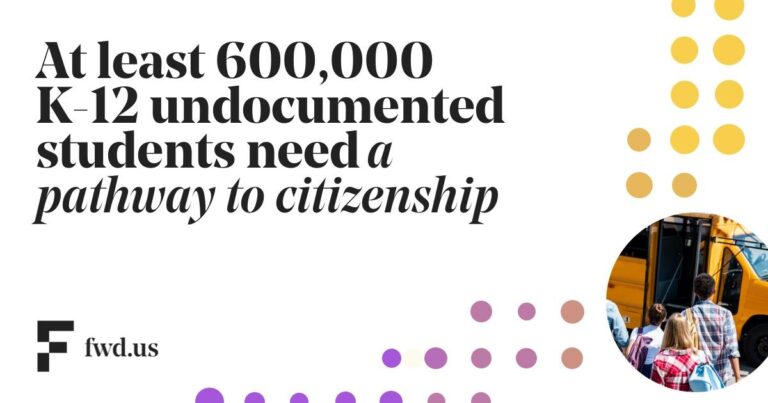How U.S. Schools Are Strengthening Protections for Undocumented Students Amid Immigration Policy Shifts
With immigration policy remaining a contentious issue in the United States, educational institutions nationwide are intensifying efforts to protect undocumented students. In light of evolving federal directives and political rhetoric, schools are adopting comprehensive strategies to create safe, supportive environments. This article delves into the proactive measures schools are implementing to ensure undocumented youth receive essential legal, emotional, and academic support during uncertain times.
Expanding Legal Assistance Programs to Empower Undocumented Students
Amid increasing ambiguity around immigration enforcement, many schools have bolstered their legal support frameworks tailored specifically for undocumented students and their families. Initiatives now frequently include the establishment of on-campus legal aid clinics staffed by immigration law experts, collaborations with nonprofit legal organizations offering pro bono services, and the recruitment of dedicated immigration advisors. These resources provide timely guidance on navigating complex immigration systems, helping to alleviate anxiety related to deportation risks.
Recognizing the psychological toll immigration concerns can impose, numerous schools have also introduced confidential counseling and specialized workshops addressing mental health challenges linked to immigration stress. Additionally, staff members receive training on privacy protocols and state-specific laws designed to protect undocumented students’ rights. The following table illustrates recent program implementations in select states:
| State | Program Focus | Services Provided |
|---|---|---|
| Illinois | Immigration Legal Clinics | Weekly free consultations and case assistance |
| Arizona | Confidential Counseling | Trauma-informed mental health support |
| New Jersey | Staff Training on Student Rights | Workshops on confidentiality and legal protections |
| Washington | Community Legal Partnerships | Know-your-rights seminars and family outreach |
Inclusive Policy Development to Shield Students from Immigration Enforcement
In response to intensified immigration enforcement efforts, school districts are crafting inclusive policies aimed at safeguarding undocumented students’ well-being and privacy. These policies emphasize transparency, nondiscrimination, and the creation of welcoming school climates that counteract fear and uncertainty among immigrant families.
Core components of these policies include:
- Designating Safe Zones: Schools declare campuses as enforcement-free areas to protect students and their families from immigration raids.
- Clear Communication: Providing families with accessible information about their rights and the school’s commitment to student safety.
- Resource Accessibility: Offering referrals to legal aid, culturally sensitive counseling, and mental health services tailored to immigrant students.
- Ongoing Educator Training: Equipping staff with knowledge on cultural competence, legal frameworks, and trauma-informed practices.
Prioritizing Confidentiality and Secure Learning Spaces
Protecting the privacy of undocumented students has become a paramount concern for educators, who recognize that safeguarding sensitive information is essential for fostering trust and academic engagement. Schools are implementing stringent measures to restrict access to immigration-related data, including:
- Utilizing encrypted digital systems to store confidential records securely.
- Limiting personnel access to sensitive information to only those with a direct need.
- Training staff rigorously on privacy laws and ethical non-disclosure practices.
These efforts help create an atmosphere where students can focus on learning without the constant fear of exposure or deportation. Below is a summary of recommended best practices adopted by school administrators:
| Best Practice | Purpose |
|---|---|
| Data Encryption | Protect student records from unauthorized access |
| Anonymous Reporting Tools | Enable students to safely report concerns or incidents |
| Community Engagement | Educate families on rights and available protections |
| Legal Support Collaborations | Facilitate access to immigration legal assistance |
Strengthening Community Alliances to Support At-Risk Students
Schools are increasingly partnering with local organizations to broaden the scope of services available to undocumented and other vulnerable students. These collaborations bring together legal aid groups, mental health providers, cultural organizations, and educational nonprofits to deliver holistic support that addresses academic, emotional, and social needs.
Examples of resources offered through these partnerships include:
- Immigration-focused legal clinics and ‚Äúknow your rights‚ÄĚ workshops.
- Culturally competent mental health counseling and trauma-informed care.
- After-school academic support and college readiness programs.
- Family engagement initiatives designed to build trust and open communication.
| Partner Type | Services Delivered | Outcomes |
|---|---|---|
| Legal Aid Organizations | Immigration workshops, legal counseling | Increased student safety and legal awareness |
| Mental Health Providers | Counseling, trauma support | Enhanced emotional resilience and academic focus |
| Cultural Centers | Language instruction, cultural programming | Stronger cultural identity and community ties |
Looking Ahead: The Role of Schools in Protecting Undocumented Students
As immigration policies continue to evolve, schools remain at the forefront of efforts to protect undocumented students’ rights and well-being. By adopting forward-thinking policies, expanding legal and mental health resources, and fostering inclusive environments, educational institutions play a vital role in ensuring equitable access to education. These initiatives not only shield vulnerable students from potential federal enforcement actions but also promote their academic success and emotional health, reinforcing the principle that every student deserves a safe and supportive learning environment.







